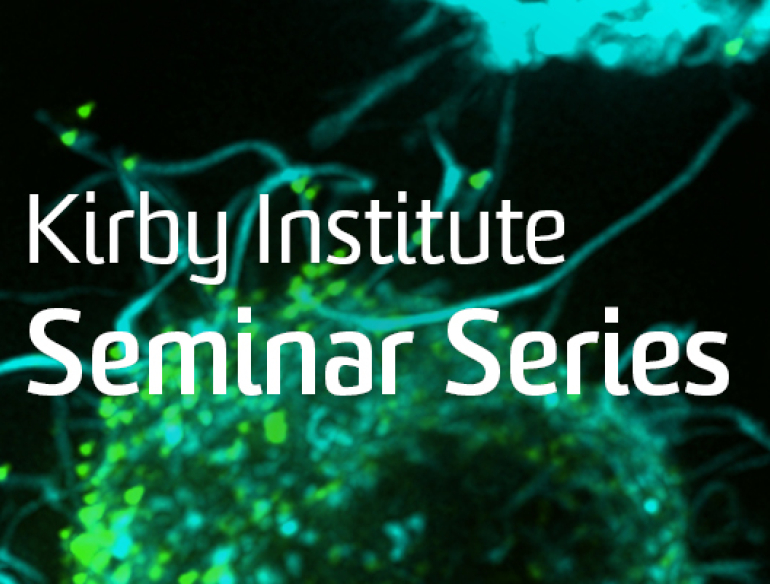Location:
Webinar via Microsoft Teams
Please click on the link just before the start of the webinar
Cost
Free
Contact for enquiries
Rata Joseph, +61 (2) 9385 0900 or info@kirby.unsw.edu.au
Kirby Institute Seminar Series presents
 |
Dr Ki Wook Kim Dr Ki Wook Kim is a Lecturer and JDRF International Postdoctoral Fellow in the School of Women’s and Children’s Health, UNSW Sydney. He completed his Honours (Class I) and PhD at the University of Sydney specialising in Molecular Biology and Genetics. He leads the Viruses and Diabetes Research Group within the UNSW-affiliated Virology Research Laboratory and co-leads the Virology theme within the nationwide Environmental Determinants of Islet Autoimmunity (ENDIA) Study, following 1,500 mother-infant pairs with a first-degree relative with type 1 diabetes (www.endia.org.au). His main research interest is in the viral aetiology of type 1 diabetes, characterising the virome (population of all viruses) of Australian children at risk of developing type 1 diabetes, using cutting-edge metagenomic sequencing and high-throughput serological tests. Furthermore, Dr Kim continues to expand the utility of his virome approach to investigate the potential role of viruses in other diseases, including characterising the respiratory virome of COVID-19 patients. |
Abstract
To overcome the limited virus detection capacity of targeted virus detection methods such as qPCR and serological tests, my research focuses on the application of comprehensive cutting-edge approaches to characterise the complete population of viruses (i.e. the "virome") longitudinally, among diverse at risk cohorts. As part of UNSW's rapid response to the pandemic, we investigated the prevalence of respiratory viral co-infections among 92 SARS-CoV-2 cases in NSW using two different comprehensive virome capture sequencing platforms. Overall, we detected low rates of respiratory viral coinfection (8% in total) with rhinovirus (6%) or influenzavirus (2%).
Opinions expressed in the Kirby Institute Seminar Series are solely those of the speaker and do not necessarily represent the views or opinions of the Kirby Institute or UNSW.
